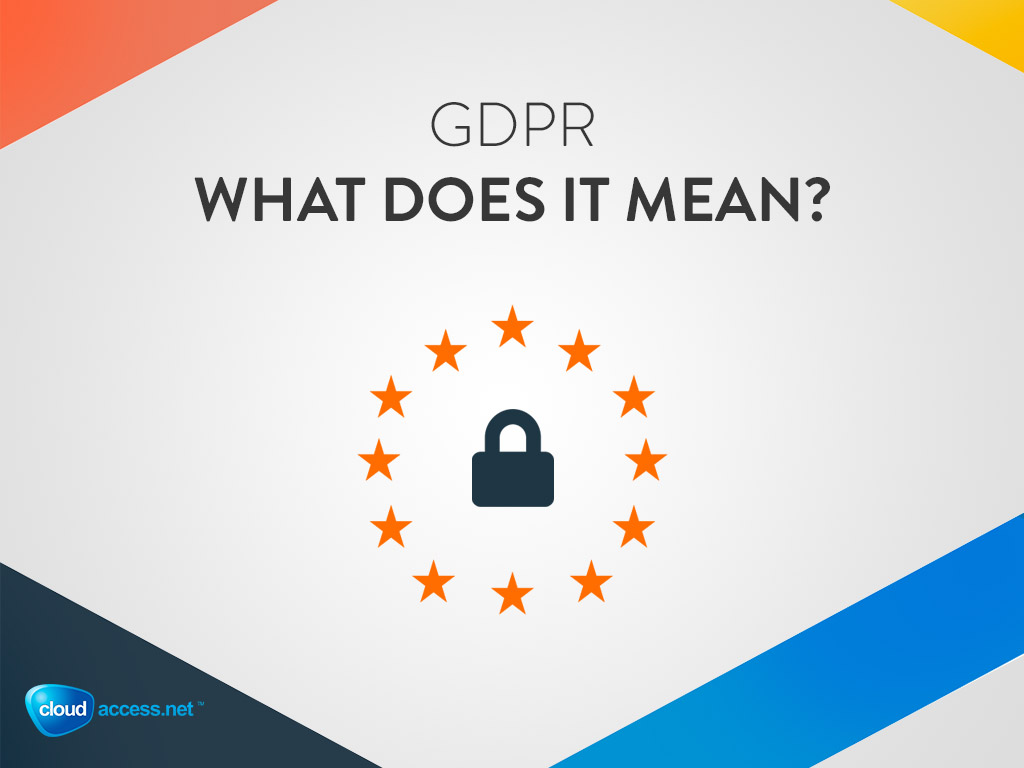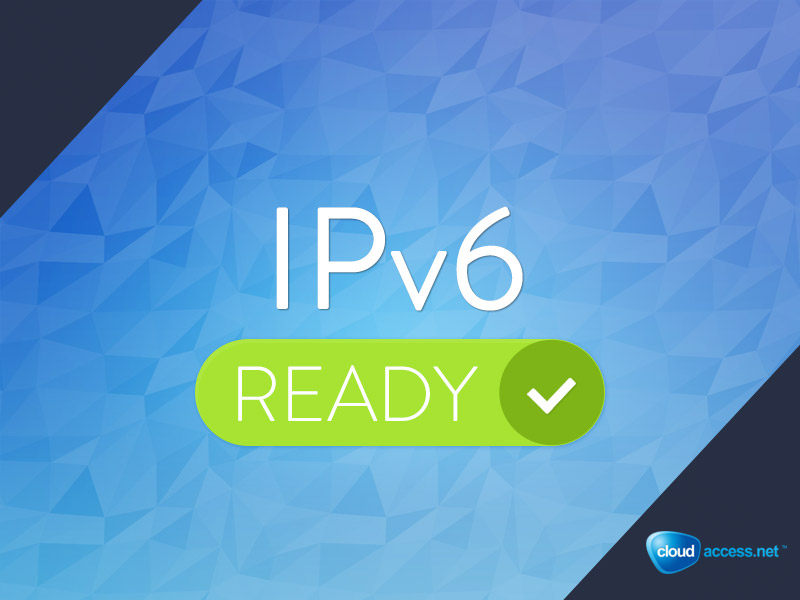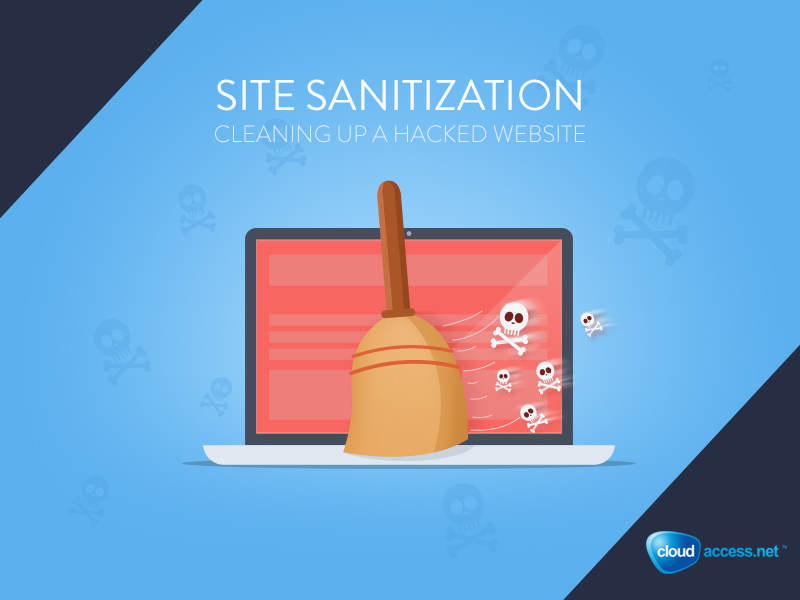
A Little Background
Today we are going to focus on how a website works, share an overview of a hosting environment, and explore some other aspects of how a website functions.
Back in the old days, a website was a simple text document located in the server’s files. HTML let webmasters define the formatting on a website with the flexibility comparable to an advanced text editor, such as MS Word and allowed them to display images, and eventually other media.










